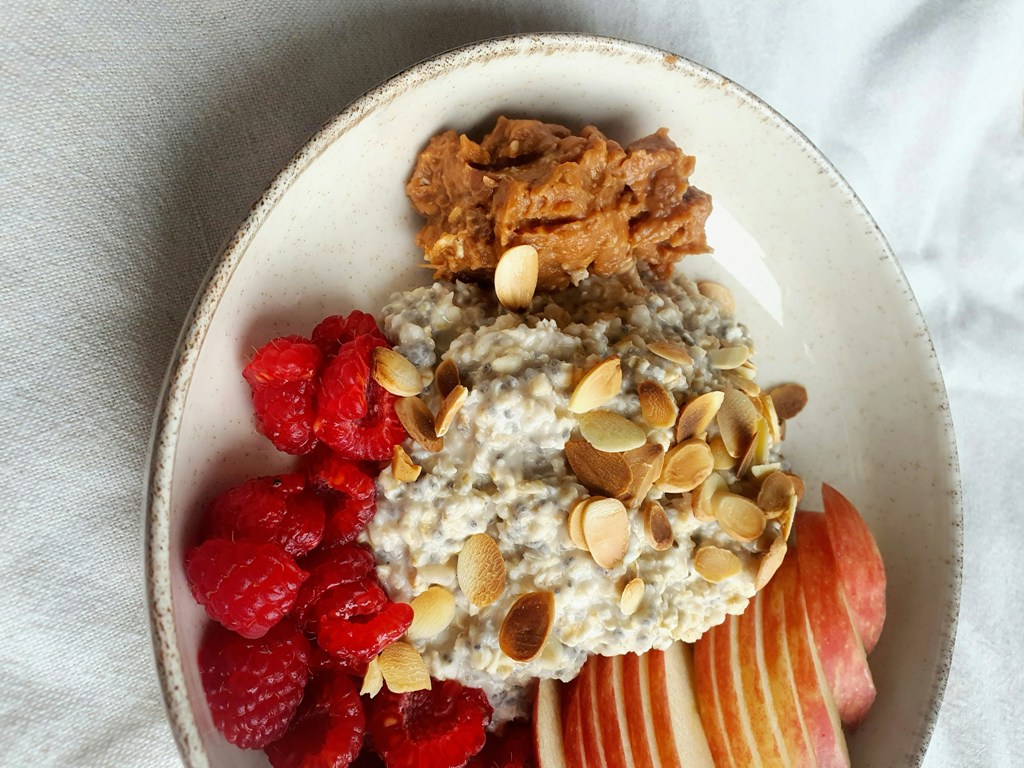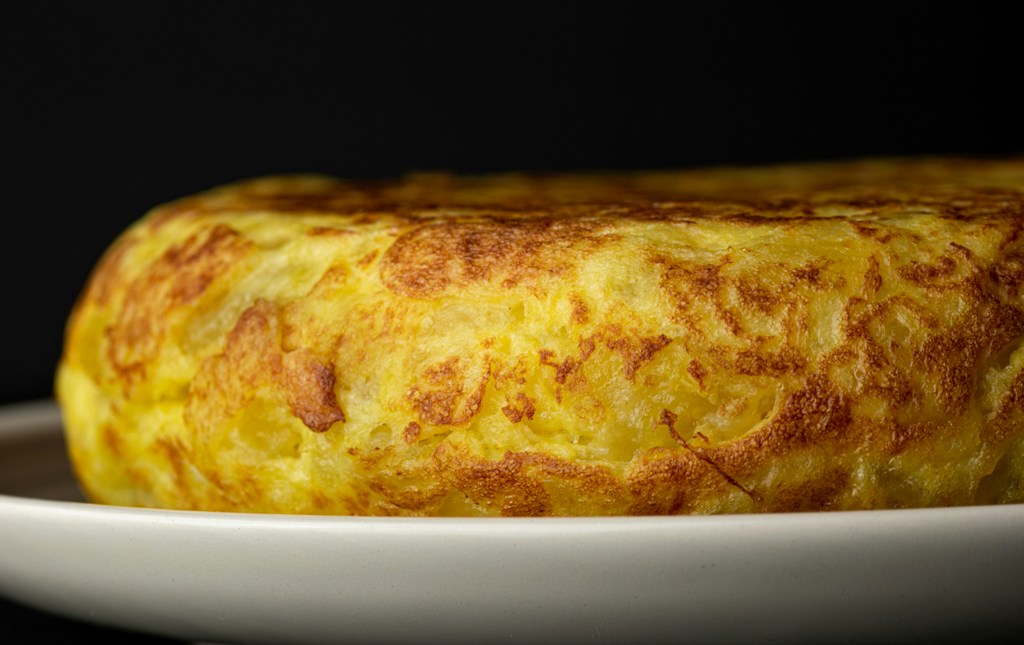For losing weight, breakfasts should be high carb for men and high-fat for women, suggested researchers, who created mathematical models depicting men’s and women’s metabolisms.

They showed that metabolic processes in men responded better to a meal high on carbohydrates like oats and grains, while those in women responded better to a meal high on fat, such as omelettes and avocados.
While men are known to derive energy from metabolism of carbohydrates, women are known to obtain energy from metabolism of fat, resulting in significant sex-specific differences across metabolic states such as fasting and feeding.

“Since women have more body fat on average than men, you would think that they would burn less fat for energy, but they don’t,” said Anita Layton, a professor of applied mathematics, University of Waterloo, Canada, and co-author of the study published in the journal Computers in Biology and Medicine.
ALSO READ: Study links ultra-processed foods to diabetes risk, advocates low-AGE diets for better health
“The results of the model suggest that women store more fat immediately after a meal but also burn more fat during a fast,” Layton said.
For their analysis, the researchers used techniques of computational biology — it makes use of computers and statistics to understand biological systems.

The team created a model depicting human food intake and comprising varied parts of one’s body — adipose tissue (body tissue containing stored fat) and organs such as liver, heart and brain.
They also modelled the metabolic response to consuming meals containing both carbohydrates and fat immediately after eating and during short-term fasting.
The model was tailored to represent the metabolic state of a healthy young adult man or woman.
The model’s predictions of sex-specific differences in metabolism were more pronounced during short-term fasting, the researchers said.
Further, the increased reliance of women on burning fat comes from sex-specific differences in liver and adipose tissue, they added.
Specifically, they found that a woman’s liver diverts more glycerol (formed from burning fat) than a man’s liver towards gluconeogenesis — a metabolic process that produces glucose from non-carbohydrate sources, such as glycerol, and vital for maintaining blood sugar levels.
“Whether attempting to lose weight, maintain weight, or just keep up your energy, understanding your diet’s impact on your metabolism is important,” Layton said.


